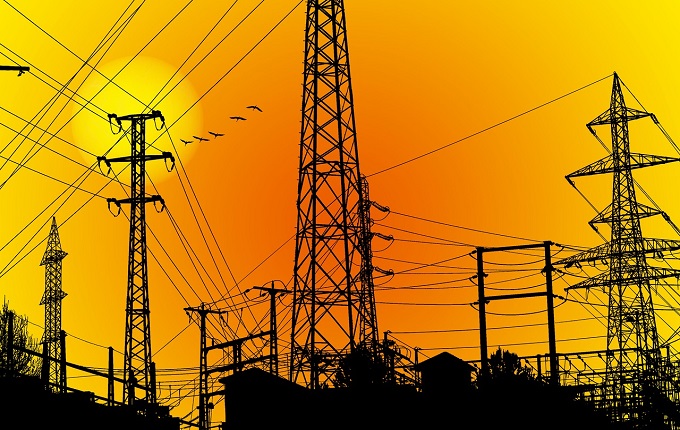On Wednesday, the National Electric Power Regulatory Authority (Nepra) authorized ex-Wapda distribution companies (XWDiscos) to implement a Rs2.83 per unit charge in consumers’ electricity bills for May. This adjustment is part of the fuel cost adjustment (FCA) charges and pertains to the month of March.
According to a notification issued by Nepra, which Dawn.com has obtained a copy of, the new adjustment will apply to all consumer categories except Electric Vehicle Charging Stations (EVCS) and lifeline consumers. It further stated that this adjustment will be reflected in consumers’ bills based on units billed in March.
Last month, despite 79 per cent of power generation coming from cheaper local fuels, the government sought clearance from Nepra to extract approximately Rs23 billion additional in FCA from consumers for electricity consumed in March.
This move underscores ongoing efforts to recalibrate electricity tariffs to reflect fluctuations in fuel costs, a crucial aspect of maintaining the stability and sustainability of the energy sector.
The Central Power Purchasing Agency (CPPA), a subsidiary of the Power Division, has proposed an additional Rs2.94 per unit in fuel cost to be recovered from consumers through May bills. This demand is notably higher, almost 46%, compared to the pre-fixed fuel cost of Rs6.44 per unit already charged to consumers in March. Such discrepancies raise concerns about the power sector bureaucracy’s ability to accurately forecast fuel costs even for six to seven months ahead.
In recent months, additional Fuel Cost Adjustments (FCAs) have ranged between 50% and 115% higher than the initially determined fuel costs notified at the beginning of the current fiscal year. This suggests a significant variance between projected and actual costs, posing challenges for consumers who are burdened with excessive bills despite reduced consumption patterns.
This proposed FCA increase comes in addition to an approximately 26% rise in the annual base tariff and another 10% hike under the quarterly tariff adjustment currently in place, which is charged to consumers at Rs2.75 per unit. Consequently, consumers face a cumulative impact of tariff revisions, further straining household budgets.
Nepra has accepted the request for a public hearing on April 26, indicating a regulatory response to address stakeholders’ concerns regarding the proposed tariff adjustments and their impact on consumers.
The higher proposed FCA for March is attributed primarily to elevated domestic coal and gas prices, despite the non-utilization of imported fuels like coal, diesel, and furnace oil. On the brighter side, LNG remained relatively cheaper, and the exchange rate remained stable during the period under review.
In a recent petition, the Central Power Purchasing Agency (CPPA), acting as the commercial agent of Distribution Companies (Discos), has requested an additional Fuel Cost Adjustment (FCA) of Rs2.94 per unit in the May bills for electricity consumed in March. The petition argues that while the reference fuel cost for March was Rs6.44 per unit, the actual fuel cost surged to Rs9.38 per unit. This increase is substantial, especially considering that the average fuel cost in February was also around Rs9.42 per unit.
The petition highlights declining consumption trends, with March witnessing an 8.3% decrease in consumption compared to the same period last year. Despite reduced consumption, the proposed Rs2.94 per unit FCA for March is more than double the Rs1.17 per unit FCA observed in the same month last year.
During the April 26 hearing, Nepra criticized power companies for inefficiencies and their reliance on expensive power plants despite the availability of cheaper sources. However, Nepra hinted at allowing power companies to pass on an additional Rs22.8 billion to consumers in the billing month of May, indicating a potential regulatory response to address the growing financial pressures within the power sector.


















